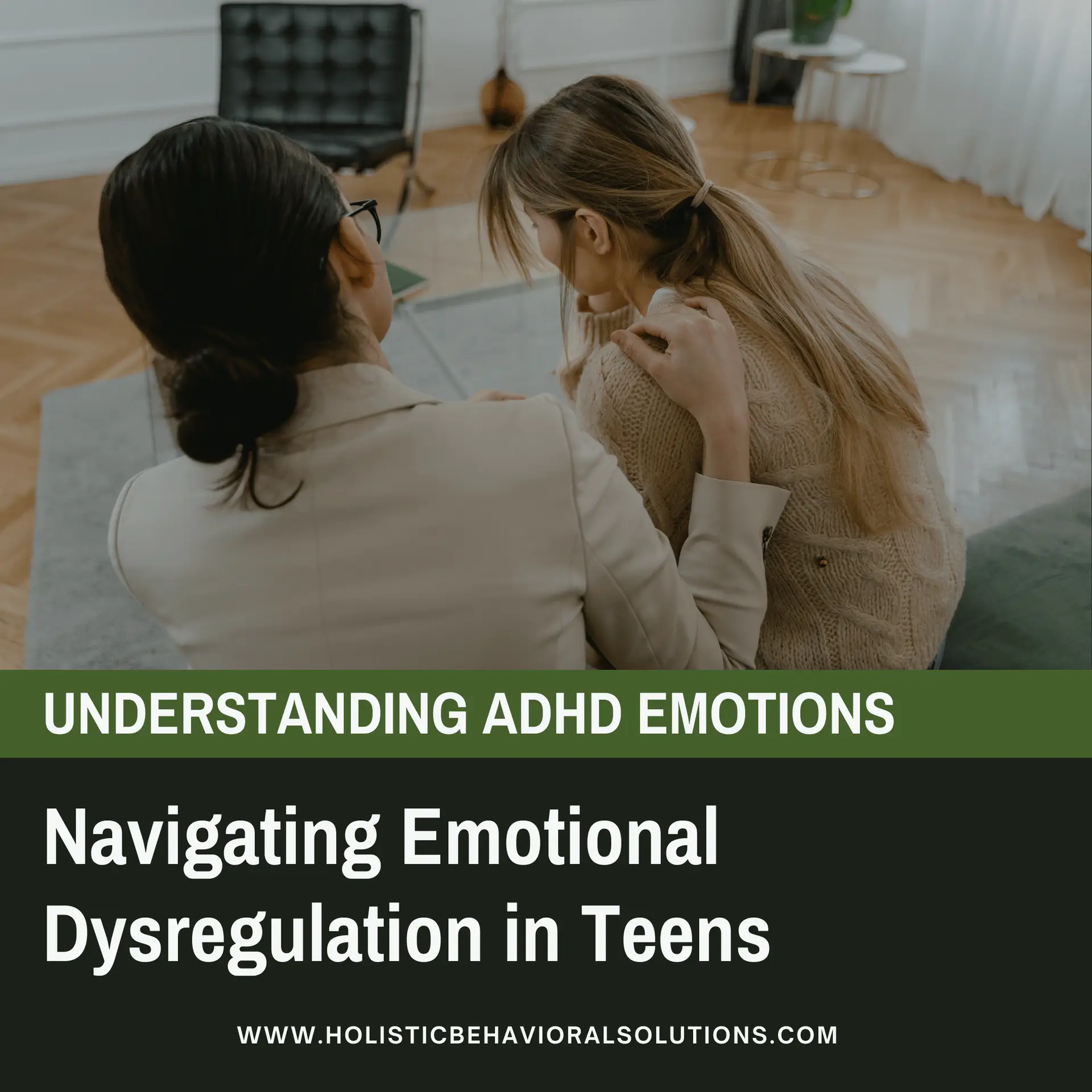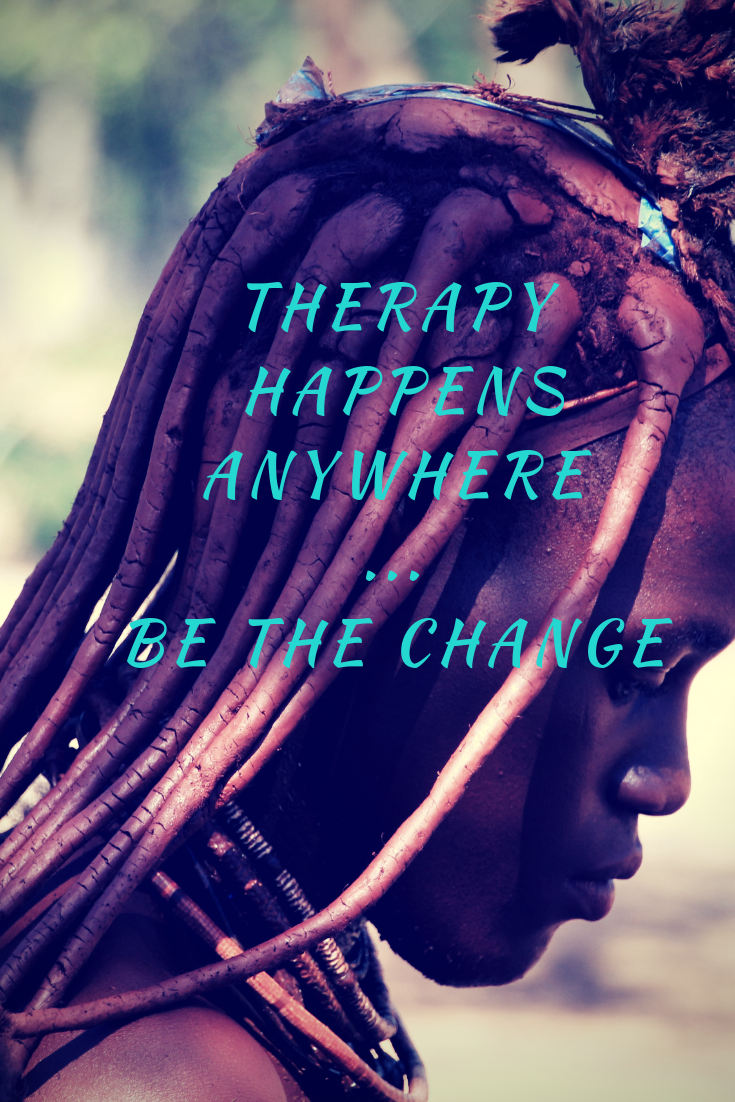
When people think of ADHD, they often focus on symptoms like inattention, hyperactivity, and impulsivity. But there’s another piece of the puzzle that doesn’t always get the spotlight—emotion dysregulation (ED). Emerging research confirms that difficulties managing emotions are a core challenge for many adolescents with ADHD, influencing everything from behavior to peer relationships.
A recent study takes a closer look at how ED shows up in adolescents with ADHD, how it relates to different subtypes and co-occurring disorders like Oppositional Defiant Disorder (ODD), and how it impacts aggression, rule-breaking, and social functioning.
What Is Emotion Dysregulation in ADHD?
Emotion dysregulation refers to the inability to manage and respond to emotional experiences in a flexible, appropriate way. For adolescents with ADHD, ED can look like:
- Behavioral outbursts when emotions run high
- Quick irritability or emotional overreactions to small triggers
- Difficulty calming down after an emotional peak
In this study of 180 adolescents (75% boys), researchers found that ED was a significant and consistent feature across all participants with ADHD.
ADHD Subtypes and ODD: Do They Affect ED?
One key question was explored: Does ED vary by ADHD subtype or coexisting conditions like ODD?
Surprisingly, emotion dysregulation did not differ significantly across ADHD subtypes (inattentive, hyperactive-impulsive, or combined) or based on the presence of ODD. This suggests that emotional regulation challenges may be a core component of ADHD itself—not just a byproduct of specific behavioral patterns or diagnoses.
ED, Aggression, and Social Impairment: What’s the Link?
The study also examined how ED connects to behavioral issues and social functioning. Key findings:
- A low threshold for emotional excitability
- Difficulty controlling behavior during strong emotions
- Slower recovery to a calm emotional state
These traits were strong predictors of aggression, rule-breaking, and social impairment. In short, when emotion dysregulation is left unaddressed, it can significantly limit an adolescent’s ability to form friendships, respond to peer conflict, and feel confident in social situations.
Why This Matters for Parents and Clinicians
These findings underscore the need for a more holistic approach to ADHD treatment—one that goes beyond managing attention and behavior alone. Supporting emotional regulation must be part of the plan.
Clinical Implications:
- Incorporate emotional regulation strategies into therapy or coaching plans
- Use social-emotional learning (SEL) tools and mindfulness practices in treatment
- Monitor for signs of emotional overwhelm, even if core ADHD symptoms are improving
Early intervention that includes emotion-focused strategies can improve social success, reduce behavioral issues, and support long-term mental health.
Moving Toward a More Comprehensive ADHD Care Model
This research opens the door for more targeted interventions that focus on building emotional regulation skills, particularly in adolescents. By addressing this often-overlooked piece of the ADHD experience, we can improve not only academic or behavioral outcomes—but emotional resilience and social connection, too.
At Holistic Behavioral Solutions, we believe ADHD care should be as multidimensional as the individuals we support. That means paying close attention to how emotions are processed, expressed, and regulated—especially during adolescence.
Support Emotional Balance from the Inside Out
As we deepen our understanding of emotion dysregulation in ADHD, it’s clear that emotional balance starts with both internal awareness and external support. That’s why we offer natural wellness supplements designed to support mood regulation, focus, and calm—helping adolescents feel more grounded and in control.
Explore our collection of supplements and supplies to help your family navigate ADHD and emotional health with clarity and confidence.
Visit The Holistic Store and find support that aligns with your wellness goals.

